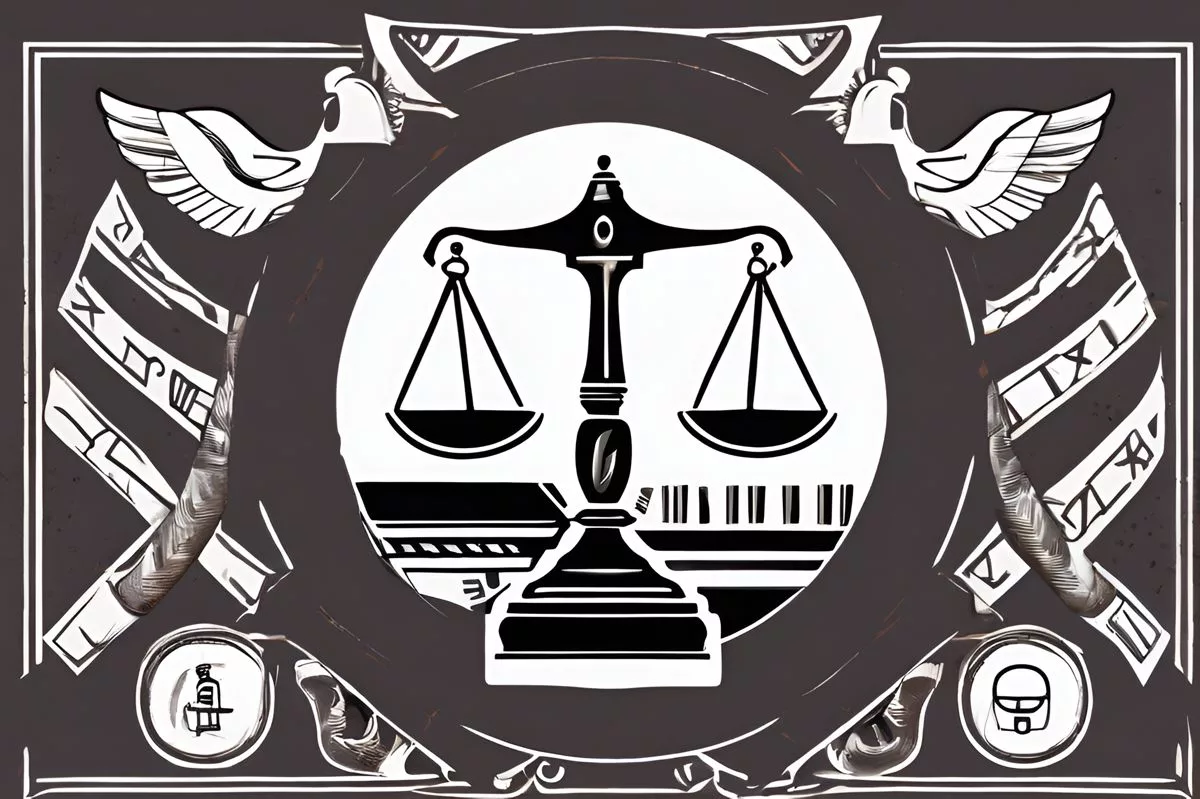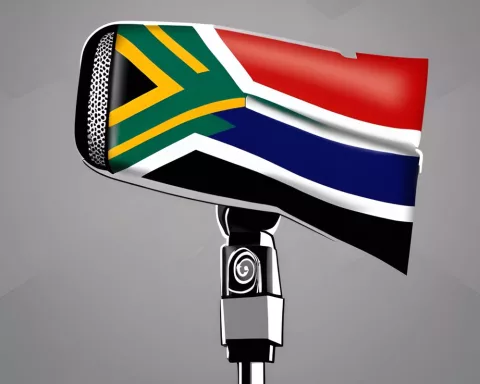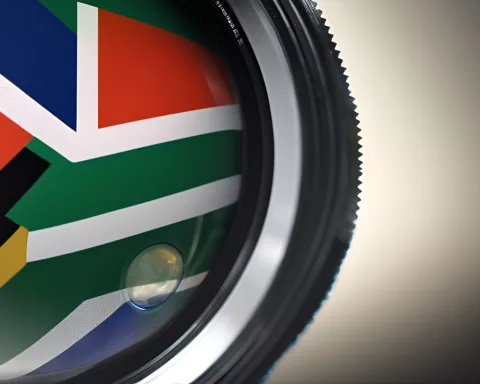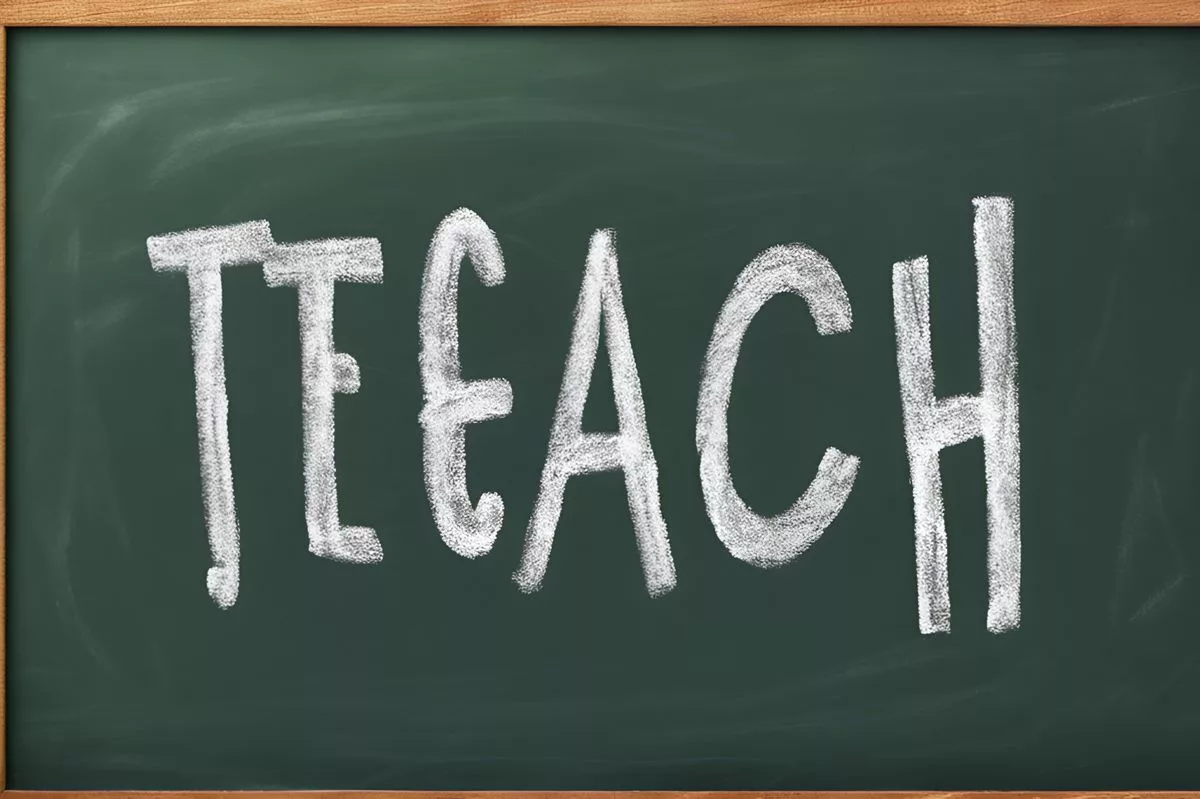The South African Parliament plays a crucial role in formulating new laws, revising current ones, and promoting transparency and accountability. The upcoming plenary sessions of the National Assembly and the National Council of Provinces will address significant bills that could reshape the socio-economic fabric of the country. The public can watch the live streams on Parliament TV or social media channels, ensuring these crucial deliberations are widely accessible and transparent. The Parliament’s commitment to openness and inclusivity continually preserves the democratic spirit of South Africa.
What are the parliamentary procedures in South Africa?
Parliament in South Africa formulates new laws, revises current ones, and annuls outmoded legislations to enhance the living standards of its citizens. The National Assembly (NA) and the National Council of Provinces (NCOP) come together for plenary sessions to debate over several bills. The public can watch the live streams on Parliament TV or Parliament’s social media channels, ensuring these crucial deliberations are widely accessible and transparent. South Africa’s constitution stipulates that a parliamentary committee meeting can only be closed to the public if it is reasonable and necessary in an open and democratic society.
Grappling with Parliamentary Procedures
In the beautifully complex world of democratic governance, maneuvering through parliamentary procedures can be an engaging maze. This is especially true in a dynamic and intricate democracy like South Africa’s. On the 27th of February 2024, a significant event will take place as the National Assembly (NA) and the National Council of Provinces (NCOP) come together for plenary sessions to debate over several bills. The discourse around these bills could potentially reshape the socio-economic fabric of the country, given their historical and cultural context.
Parliament stands as the embodiment of democratic ethos, uniting the nation with a shared sense of purpose. It shoulders the constitutional duty of formulating new laws, revising current ones and annulling outmoded legislations. This crucial mandate aims at enhancing the living standards of the citizens, a fundamental objective of any thriving democracy.
The Role of the National Assembly and the National Council of Provinces
The impending meeting of the NA will address three significant bills: the Public Service Amendment Bill, the Public Administration Management Amendment Bill, and the Statistics Amendment Bill. This enlightening discourse will be held at the Good Hope Chamber and streamed online, a testament to the blend of tradition and modernity in South African politics.
Similarly, the NCOP will convene in a virtual space, deliberating over bills such as the Eskom Debt Relief Amendment Bill, Cannabis for Private Purposes Bill, and the Divorce Amendment Bill. These proposed amendments to existing laws mirror the evolving socio-political awareness of the country.
Beyond Legislative Discussions: Reports and Reviews
In addition to these crucial legislative debates, the NCOP schedule includes an appraisal of reports from the Select Committee on Security and Justice. These reports capture the advancements made by the Ministers of Home Affairs and Police in their interaction with citizens as part of the “Taking Parliament to the People” programme. This pioneering initiative, held in the Ugu District Municipality in KwaZulu-Natal on 29 November 2023, allowed direct communication between the government and the public, promoting transparency and accountability.
Another critical item on the NCOP agenda is the evaluation of a report by the Select Committee on Trade and Industry, Economic Development and Labour on the World Trade Organization Agreement on Fisheries Subsidies. The impact of international trade talks on local industries is a persistent theme in global politics. South Africa’s reaction to these discussions will be keenly monitored by worldwide observers.
Public Involvement and Transparency in Parliamentary Proceedings
The participation of the media and the general public is a fundamental aspect of these parliamentary activities. Journalists and media outlets interested in covering these events are invited to join either in person or virtually, with comprehensive instructions provided for access. The public can watch live streams on Parliament TV or Parliament’s social media channels, ensuring these crucial deliberations are widely accessible and transparent.
A notable figure, Mr. Mandla Isaac Rayi from the Eastern Cape province and a member of the African National Congress, is recognized for his significant inputs. Serving on various significant committees, he epitomizes the committed public service that fuels a democratic nation.
South Africa’s constitution stipulates that a parliamentary committee meeting can only be closed to the public if it is reasonable and necessary in an open and democratic society. This statement emphasizes the inherent transparency and democratic essence of the South African Parliament.
Looking Forward to Future Parliamentary Sessions
As we eagerly await the upcoming sessions of the NA and NCOP, we are reminded that the driving force of democracy is the ceaseless pursuit of improving the citizens’ quality of life. These discussions, whether held within the revered chambers of the Parliament or in the virtual space, resonate with the collective ambitions of a progressing nation. The Parliament of the Republic of South Africa, with its commitment to openness and inclusivity, continually preserves this democratic spirit.
1. What is the role of the South African Parliament?
The South African Parliament shoulders the constitutional duty of formulating new laws, revising current ones, and annulling outmoded legislations to enhance the living standards of its citizens.
2. What are the upcoming plenary sessions of the National Assembly and the National Council of Provinces about?
The upcoming plenary sessions of the National Assembly and the National Council of Provinces will address significant bills that could reshape the socio-economic fabric of the country.
3. How can the public watch the parliamentary proceedings?
The public can watch the live streams on Parliament TV or social media channels, ensuring these crucial deliberations are widely accessible and transparent.
4. What happens during the Select Committee on Security and Justice reports appraisal?
During the Select Committee on Security and Justice reports appraisal, the progression made by the Ministers of Home Affairs and Police in their interaction with citizens as part of the “Taking Parliament to the People” programme is evaluated.
5. What is the significance of Mr. Mandla Isaac Rayi in the South African Parliament?
Mr. Mandla Isaac Rayi from the Eastern Cape province and a member of the African National Congress is recognized for his significant inputs. Serving on various significant committees, he epitomizes the committed public service that fuels a democratic nation.
6. How does South Africa’s constitution promote transparency in parliamentary proceedings?
South Africa’s constitution stipulates that a parliamentary committee meeting can only be closed to the public if it is reasonable and necessary in an open and democratic society, emphasizing the inherent transparency and democratic essence of the South African Parliament.












